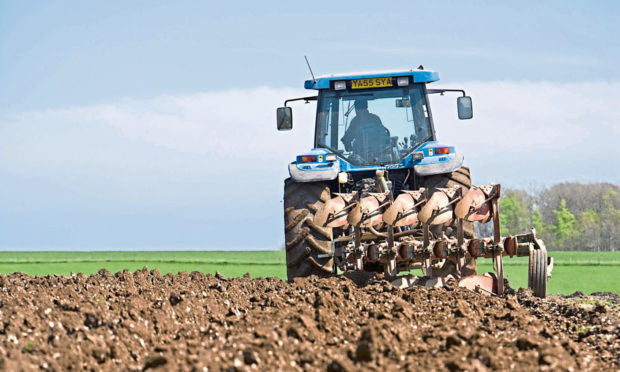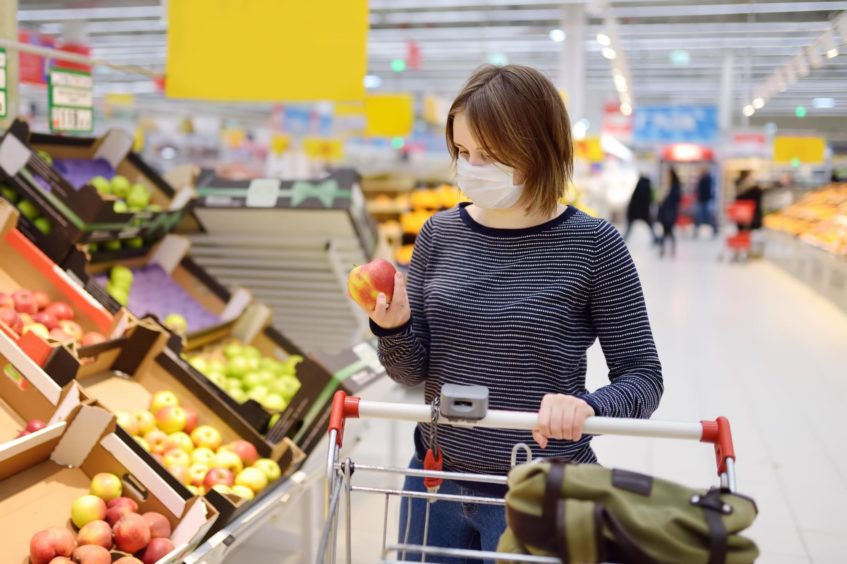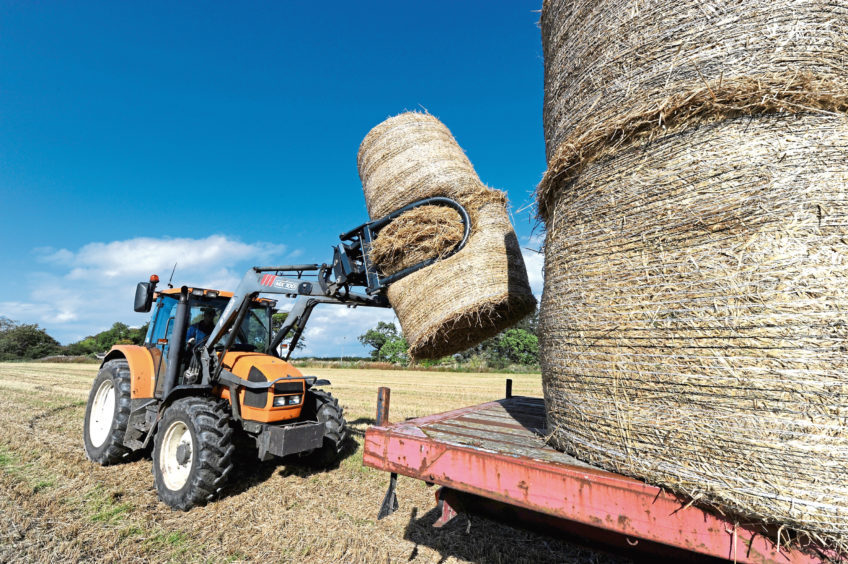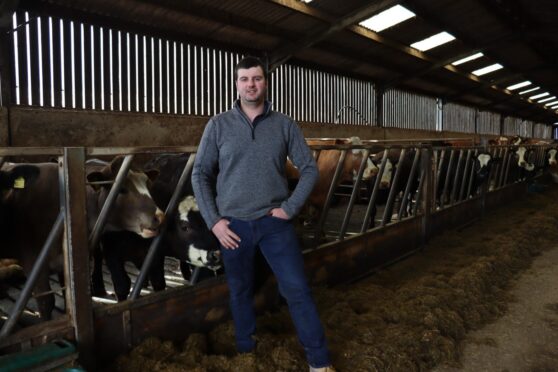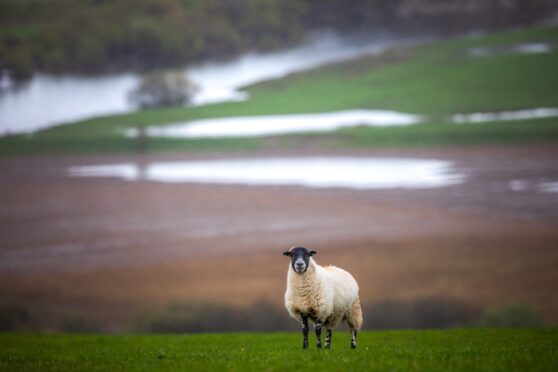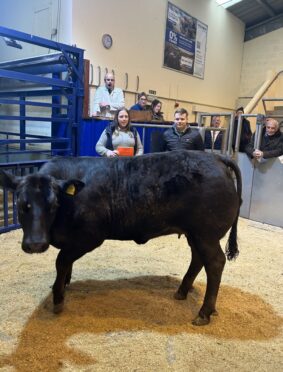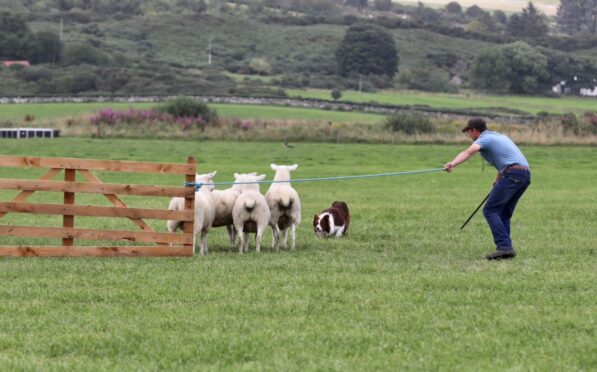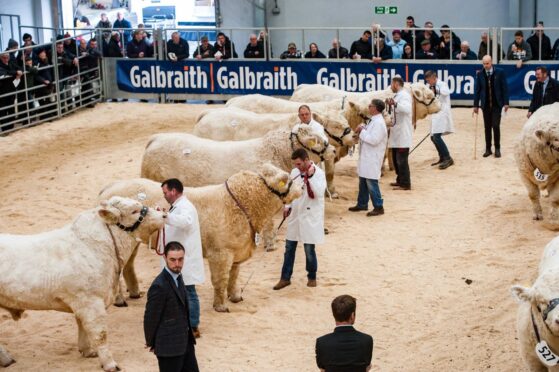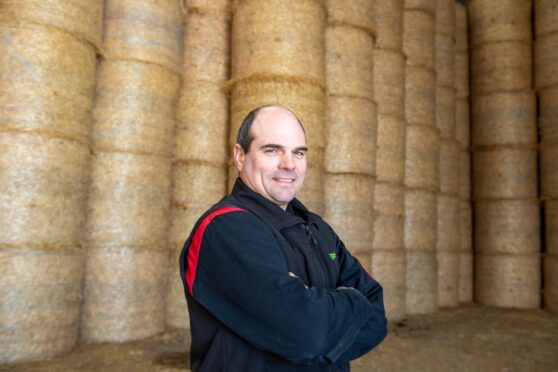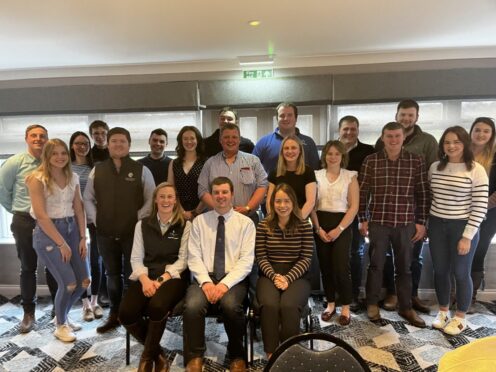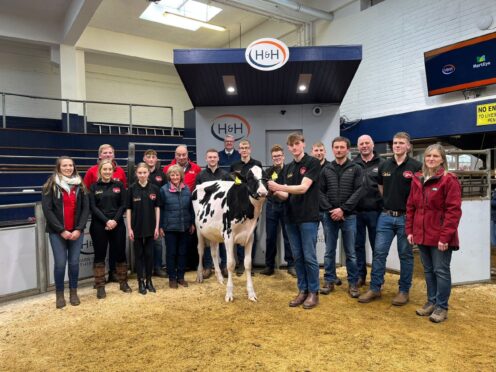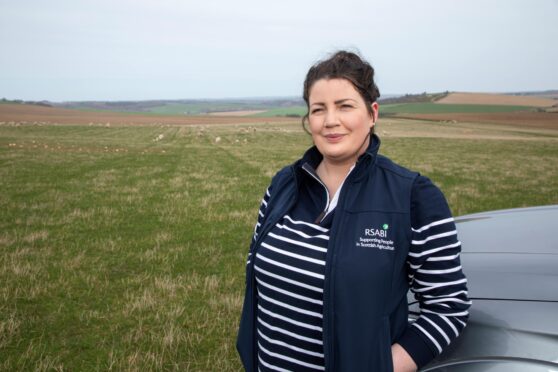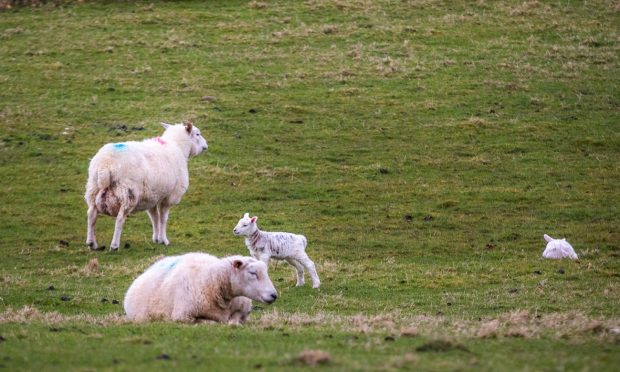Farmers, food, forestry and funding – all F words, but which will we run out of first?
As aging farmers, we see few opportunities for younger generations accessing the industry behind us.
Farms for sale are usually purchased by large established farms or external city investors.
Some landlords are resuming leased land to grow large-scale tree plantations which the Scottish Government seem keen to generously support in order to meet their planting targets.
Also, tree production potentially creates the opportunity to gain from the sale of the new carbon credits – a concept which I believe is nothing more than masking the guilty non-eco friendly companies as allegedly being “green”.
My view on this is that not an acre of ploughable land should grow a sapling as this current practice is reducing the area available to produce our top quality food and drink – whether it be berries for the table; barley for malt, wheat for gin, oilseed rape for oil, grass, vegetables or cereals to feed livestock.
Also, let’s nae forget the good old tattie to compliment our mince or fish supper or even to manufacture vodka.
Mouths to feed
Consider the rapidly increasing population with more mouths to feed – this means we need all the ploughable land we can access.
Home-produced food is great for the economy and far more carbon friendly compared with importing products and increasing food miles.
However, I do believe there is suitable farmland available in Scotland for planting trees; we just need to make logical decisions of where exactly this is within our businesses.
Most of us have small corners and areas of less productive land within our farms, which we would be keen enough to plant trees upon. However, the rates payable for these very small areas are simply not adequate, hence why we do not carry out this practice.
It’s about the right tree in the right place, at the right time, as the saying goes.
We must acknowledge that most deciduous trees do not have green foliage upon them for half the year. This means that they are not photosynthesizing and therefore not sequestrating carbon.
Grass is greener for a far longer period of time throughout any one year, so perhaps grass is a far better sequestrator than the tree?
That’s the first three Fs – now for funding.
Yes, we as farmers, crofters and land managers receive funding to produce a variety of high standard products, so that consumers can purchase them at affordable prices.
Perhaps the price of our food is not valued and respected properly. Is it too cheap? It’s certainly cheap enough to afford to waste large volumes, and then cost taxpayers more to dispose of.
Energy distortion
But where else does funding go – energy giants are benefitting from the grants also, producing green energy, but how green is our green energy?
Is it green to burn timber pellets that have been sourced, processed, dried and shipped around the world? And now our straw has fallen victim to the burning as well, with the Scottish farmers outbid for it as it is hauled as far south as Lincolnshire to be re-baled and loaded into the burner as well, because it is renewable.
As for the future – who knows? If only we had a crystal ball.
What I do know is that this coming week, on Wednesday June 16 at 7pm, will see the official launch of our NFU Scotland mental health film: ‘Unearthing Farming Lives’, featuring our north-east farmer stars.
Mental health is a huge subject, and one which we must tackle . I hope most of you will participate on Wednesday evening, and if nothing else, pay tribute to those who appear in this production, and bravely speak so openly about their lives and experiences.
You can register to watch it here at https://us02web.zoom.us/webinar/register/WN__MckzyxBSmqmxba1lO-s9g
You do need to register in advance, so please ensure you do that before Wednesday.
- Alan Simpson is NFU Scotland regional chairman for the north-east.
